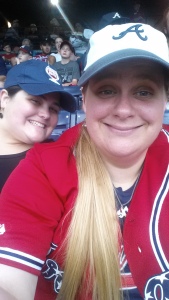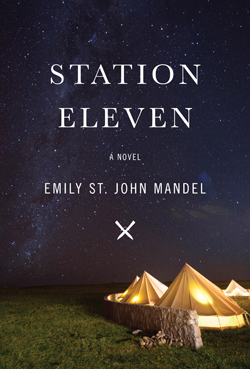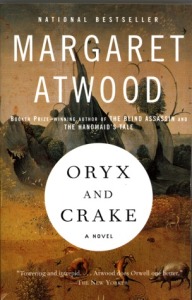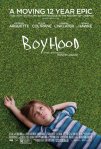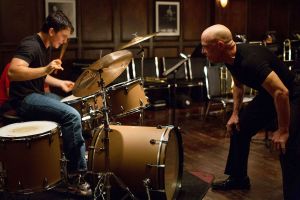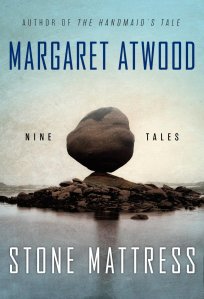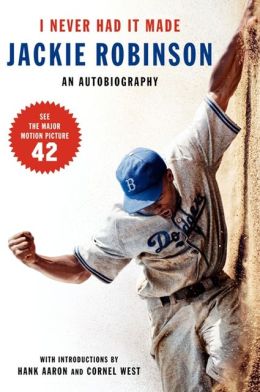From the time I was a little girl, I was accustomed to everything stopping instantly when our local fire department’s tones dropped on the scanner in our living room or, if we weren’t home, from the portable radio that was always at my dad’s side. My dad was born to be a first responder. He was a volunteer firefighter from the age of 16. He dropped out of high school to get his GED and then became an EMT and ambulance driver. He transitioned to being a career firefighter and progressed up the ranks through various departments, and when I was twelve years old, he became the chief of the volunteer fire department in my very small hometown. He tried his hand at other jobs when he was younger: 911 operator, which was too stressful for him because he couldn’t be the one to respond; owner of his own carpentry shop, where he made beautiful furniture and which let him respond to any call that came during the day but didn’t earn enough money to make a living. Eventually, when he grew older, he transitioned to building inspector and fire marshal. But even then, and even throughout the few years he got to enjoy retirement, he lived and breathed his role as fire chief.
I spent a lot of time as a child around the fire station. I remember being indignant as a toddler that one of the fire trucks was painted blue and not its proper red. I begged to ride along in the fire truck during every town parade. I knew the other members of the fire department as well as my own family.
But the sound of that scanner was a different thing. The scanner was constantly relaying radio calls from around our very large and rural county. It was background noise that I almost didn’t notice unless I heard a familiar voice or until Dad would mute the TV because he would know some other department was responding to an interesting call. And when our own tones dropped? Dad would slam down the foot of his recliner and leap up. All of our hearts would start racing as we waited for the call. Early in my life, I knew the codes for car accidents and structure fires and grass fires. I knew which trucks would respond first and which departments would be called for mutual aid.
In the middle of the night, if I heard the tones and the familiar rustling of my dad changing clothes and pulling on shoes and grabbing equipment, I would open my bedroom door and stand in the doorway and call out, “I love you! Be safe!” as he rushed out the door. I always wanted him to hear my voice as he left to go help someone in need.
And sometimes, if we were away from home or if Dad deemed it safe, I would get to ride along. Sometimes, when I was older, I would be left at the fire station while Dad drove an engine to some call. If I was lucky, he would let me ride along in his pickup or even in the engine or rescue truck. My brother was even luckier. He joined the fire department as a junior cadet when he was 12 and got to ride along far more often—for training purposes, of course. I was the bookworm and the scaredy-cat, too afraid to join even though Dad would have let me once I was a little older and could officially decide for myself. I was, instead, content to bring along my book and sit for hours in the cab of the truck, just watching the lights and the men and women who were first in line when someone was having the worst moment of their lives.
Until three years ago, I thought there was nothing my dad couldn’t fix. You were in a car accident? He would lead the team who would extricate you. House burning down? He’d put it out. He could fix anything or, if he couldn’t, he knew the right person to call who did.
But then my dad got cancer. And no one could fix it. And he died, early one morning in July.
When dad was sick, life slowed down. He stopped responding to so many calls. He still spent as much time at the fire station as he could, but he handed off a lot of responsibilities to his assistant chief. And after he died, we turned off the scanners and the radios, and we haven’t turned them on in the three years since.
But sometimes, we get glimpses of that life. One night, a year or so after my dad died, Mom and I were driving into our small town when we spotted a car on the side of the road. She called 911 while I tried to call the fire chief, and we waited while the department responded to a drunk guy who had careened across Mrs. Cynthia’s front yard and gotten himself trapped in the ditch. It felt normal and right to see these familiar faces, driving these familiar trucks, doing what they do best.
And my brother is still very much involved in the fire department. He is a career firefighter, so even on off-days, he sometimes gets called back for big events. One day last summer, I was with him at the store. We were getting food and snacks because he had a huge paper, and I was teaching him how to cite his research, which might take all day. Instead, standing in the freezer section of the Family Dollar, he got called back to the city where he works for a man trapped in a silo. I didn’t have a choice that time: I was forced to ride along, at very high speeds, while I prayed I wouldn’t throw up. It was the most exciting ride along I’ve ever had, and when we arrived, it was followed by about eight hours of sitting in the cab of his truck, reading a book or scrolling through Twitter or occasionally leaving to pick up lunch and snacks and more water. I didn’t mean to stay that long, but I didn’t want to take his truck and leave him there without a ride. And at the end of the day, it was kind of cool that I’d watched the whole event unfold: a man who could have died, crushed under the weight of tons of corn inside that silo, a man that my brother and the many other first responders were able to save.
Today, I was grading essays when my brother called. He was at home with my two-year-old nephew and had just been toned out for a brush fire about halfway between my mom’s house and his. Would I come meet him at the fire if he brought my nephew along with him?
Immediately, those dormant reflexes kicked into action, just like when I was younger. I grabbed my shoes, my phone, my bag and called my mom on the way out the door to tell her where I would be. I drove as fast as I dared to the location of the call and beat my brother there by seconds. And then, just like old times, I climbed into my brother’s pickup truck to wait. My nephew loves fire trucks, and he’s still small enough that I can hold him tight and convince him not to go running to the engine. He watched out of every window at the engines staged near the road and as brush trucks headed back towards the fire and then came back to fill up again. And he was delighted at the bulldozers that arrived and drove past us.
As my nephew and I sat and watched, everything felt familiar, and I thought about the number of times I sat and watched my dad. And I was so grateful that my nephew has a dad and a mom who are first responders. Sure, there are going to be a lot of meals interrupted and plans changed, but he will always know who to trust, who to look for when something goes wrong, who will be there in those horrifying moments when he just needs someone to help.
He’s got his whole life ahead of him. He’ll have nights when he’ll wake up to tones dropping and his dad rushing out the door. He’ll sometimes have to celebrate Christmas or his birthday on a different day because his dad is working. He’ll have lots of afternoons spent hanging out at the fire station. And like my brother and me, he’ll have plenty of opportunities to ride along, too.

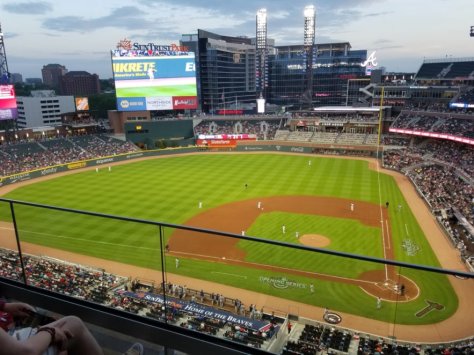
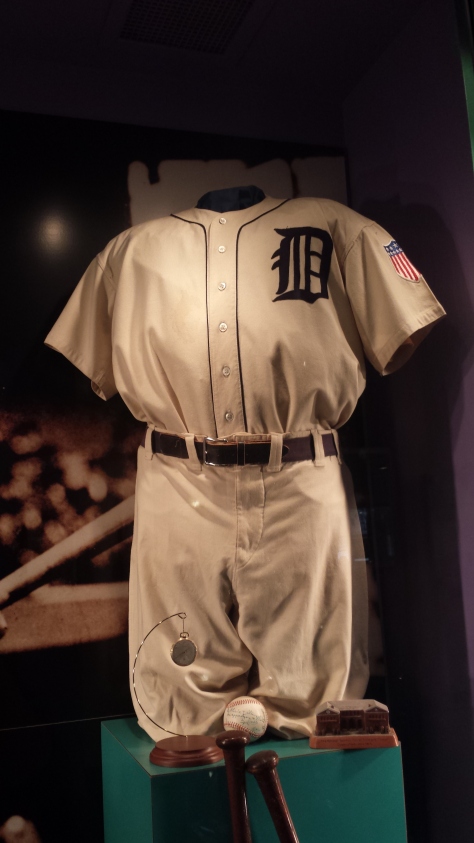
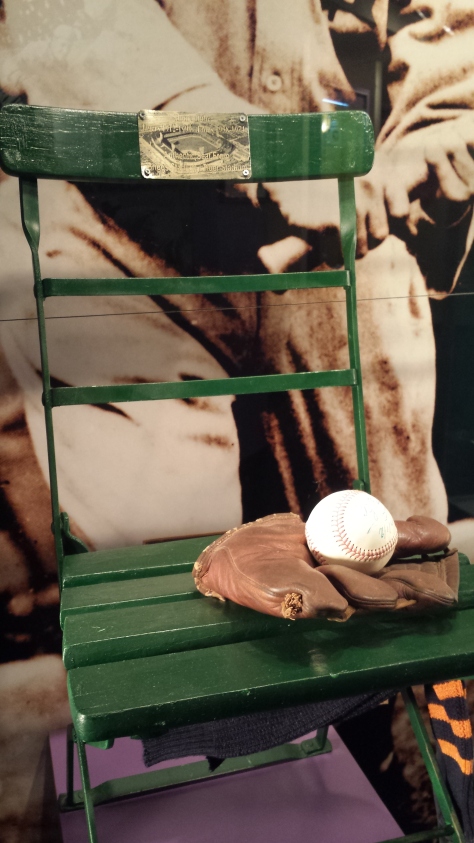
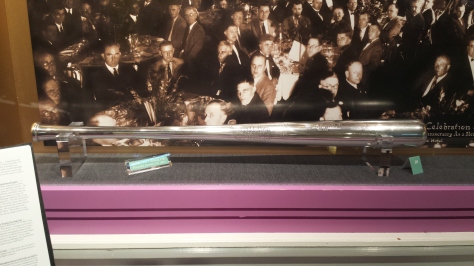
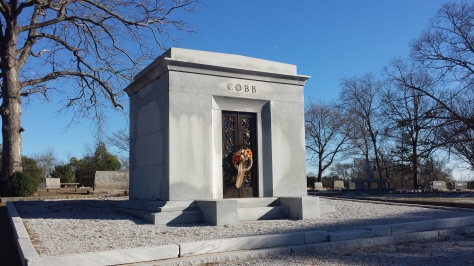
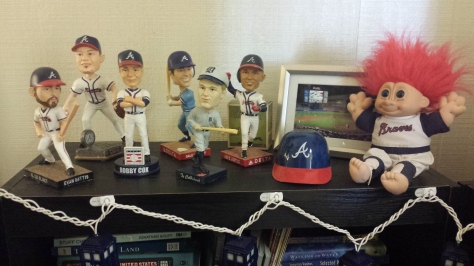
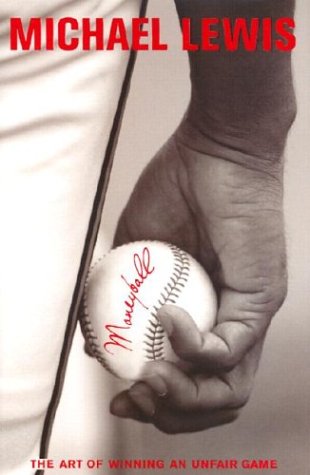 I became a fan of Major League Baseball in the summer of 1996. I was 11 years old. I had watched my brother play tee ball and coach’s pitch, and I had played softball in our tiny little town, and when I caught a Braves game on television one night, I knew enough about baseball to follow the game. The first batter I saw walk up to the plate was Chipper Jones, and he hit a home run, and I was hooked.
I became a fan of Major League Baseball in the summer of 1996. I was 11 years old. I had watched my brother play tee ball and coach’s pitch, and I had played softball in our tiny little town, and when I caught a Braves game on television one night, I knew enough about baseball to follow the game. The first batter I saw walk up to the plate was Chipper Jones, and he hit a home run, and I was hooked.